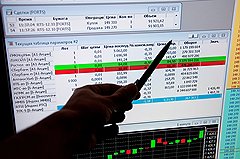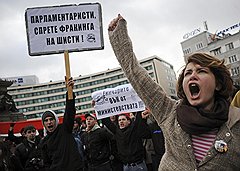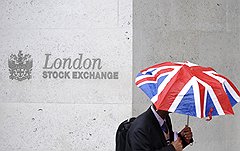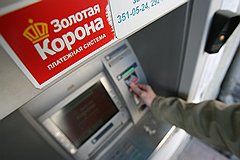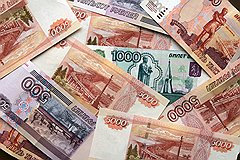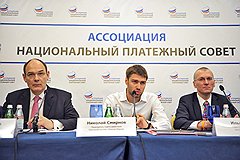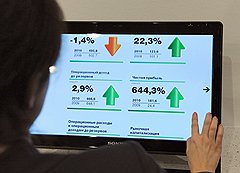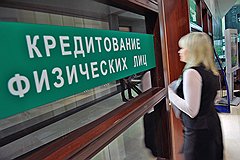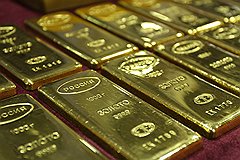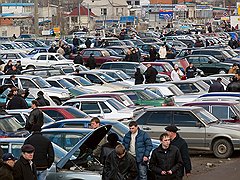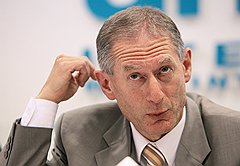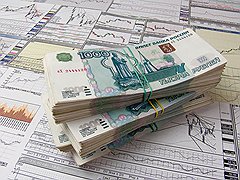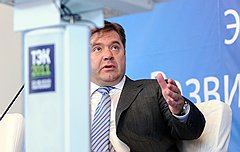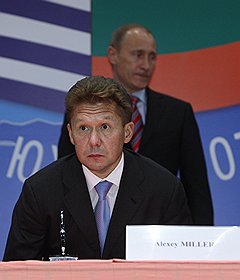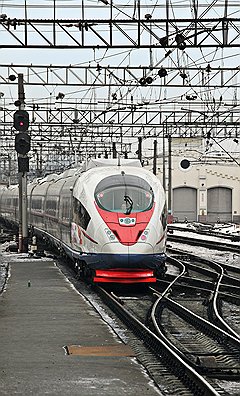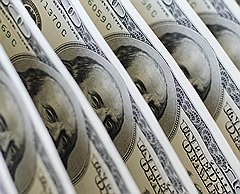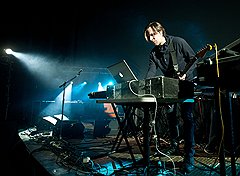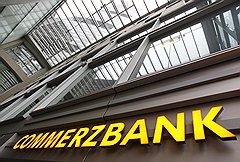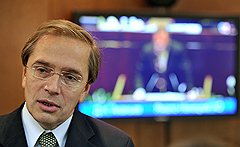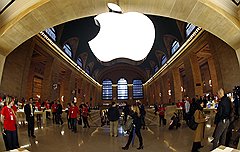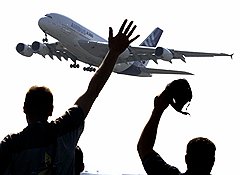Joint RTS, MICEX Stock Exchange is taking new steps to insurance against risk of default on the foreign exchange market. Since February, increased capital requirements for market players, as well as the amount of insurance contributions to cover the risks.
On February 22, 2012 National Clearing Centre (NCC), which is a subsidiary of the MICEX, RTS, increases the demands on the participants to cover the risks of his foundation, said the exchange. Now, the minimum amount of capital for the participants, banks will rise from € 5 million to € 10 million (400 million rubles.), And for non-bank credit institutions - with € 0,5 million to € 5 million (200 million rubles.). The amount of the premium for each member of the fund will increase from $ 60 thousand to $ 80 thousand
Provisions for risks are being formed in the amount of $ 14.16 million in payments he provided to bidders in the foreign exchange market, where their counterparties do not fulfill their obligations under the transactions of buying and selling currencies. So far, payments from this fund were not made, since the foreign exchange market, there are other tools to reduce risks - preddeponirovanie funds and margin calls, etc. Insurance against risk is not the only reason for the participation of brokers in the fund. Participants have the opportunity to sell stock for a limited amount secured by the fund, with no collateral covering transactions. After the party fund exceeds this amount, all other transactions conducted by the general rules of trading - with the bail.
As explained, "b" on the MICEX, RTS, the decision to increase capital requirements for currency trading participants and their contributions to the insurance fund a number of reasons. Since January 1, Central Bank increased the minimum size requirements for banks' capital to 90 million rubles. to 180 million rubles. to improve the stability of the banking system and stock exchange operates in line with the same trend. "Common volatility in global financial markets makes increased demands to maintain the same level of security fund, which is an important component of overall risk management system", - said the representative of the exchange. "Foreign exchange market is growing - CEO adds," Zerich Capital Management "Alexander Shcheglov, - so the NCC had to revise its risk-management in this area." In 2010, the total volume of transactions in foreign currency on the MICEX amounted to 79.5 trillion rubles. During 2011 the combined market registered a total volume of the foreign exchange market 210 trillion rubles.
Mr. Shcheglov suggests that NFP measures must relate to the future liberalization of the foreign exchange market: "From this year the opportunity to trade the forex market will be all stock market participants, not just the banks, so in order to filter the market from the market players are insolvent to increase the requirements for participants in the fund. "
According to market participants, new requirements will not reduce the number of fund participants. "The current members will continue their presence in the fund - increase the amount of fees and capital requirements will not be problem for them" - says Mr. Shcheglov. In large banks, trading in the forex market, it is confirmed. Andrew Skobelin, head of foreign exchange transactions in international markets PSB (capital - 57 billion rubles.) Stated: "We can easily increase your insurance premium." On the other hand, medium-sized banks will continue to trade currencies without the participation of the insurance fund. In the Russian national bank (the capital - 321 million rubles). "Kommersant" said the bank is not a member of the fund and cover the risks involved in currency trading on the Stock Exchange on the same basis.
On February 22, 2012 National Clearing Centre (NCC), which is a subsidiary of the MICEX, RTS, increases the demands on the participants to cover the risks of his foundation, said the exchange. Now, the minimum amount of capital for the participants, banks will rise from € 5 million to € 10 million (400 million rubles.), And for non-bank credit institutions - with € 0,5 million to € 5 million (200 million rubles.). The amount of the premium for each member of the fund will increase from $ 60 thousand to $ 80 thousand
Provisions for risks are being formed in the amount of $ 14.16 million in payments he provided to bidders in the foreign exchange market, where their counterparties do not fulfill their obligations under the transactions of buying and selling currencies. So far, payments from this fund were not made, since the foreign exchange market, there are other tools to reduce risks - preddeponirovanie funds and margin calls, etc. Insurance against risk is not the only reason for the participation of brokers in the fund. Participants have the opportunity to sell stock for a limited amount secured by the fund, with no collateral covering transactions. After the party fund exceeds this amount, all other transactions conducted by the general rules of trading - with the bail.
As explained, "b" on the MICEX, RTS, the decision to increase capital requirements for currency trading participants and their contributions to the insurance fund a number of reasons. Since January 1, Central Bank increased the minimum size requirements for banks' capital to 90 million rubles. to 180 million rubles. to improve the stability of the banking system and stock exchange operates in line with the same trend. "Common volatility in global financial markets makes increased demands to maintain the same level of security fund, which is an important component of overall risk management system", - said the representative of the exchange. "Foreign exchange market is growing - CEO adds," Zerich Capital Management "Alexander Shcheglov, - so the NCC had to revise its risk-management in this area." In 2010, the total volume of transactions in foreign currency on the MICEX amounted to 79.5 trillion rubles. During 2011 the combined market registered a total volume of the foreign exchange market 210 trillion rubles.
Mr. Shcheglov suggests that NFP measures must relate to the future liberalization of the foreign exchange market: "From this year the opportunity to trade the forex market will be all stock market participants, not just the banks, so in order to filter the market from the market players are insolvent to increase the requirements for participants in the fund. "
According to market participants, new requirements will not reduce the number of fund participants. "The current members will continue their presence in the fund - increase the amount of fees and capital requirements will not be problem for them" - says Mr. Shcheglov. In large banks, trading in the forex market, it is confirmed. Andrew Skobelin, head of foreign exchange transactions in international markets PSB (capital - 57 billion rubles.) Stated: "We can easily increase your insurance premium." On the other hand, medium-sized banks will continue to trade currencies without the participation of the insurance fund. In the Russian national bank (the capital - 321 million rubles). "Kommersant" said the bank is not a member of the fund and cover the risks involved in currency trading on the Stock Exchange on the same basis.
